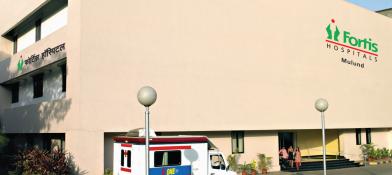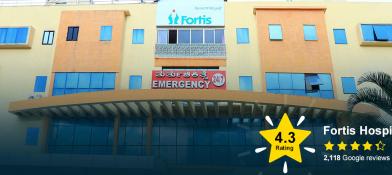First trimester screening
First trimester screening is a prenatal test that offers early information about a baby's risk of certain chromosomal conditions; Down syndrome (trisomy 21) and Edwards syndrome (trisomy 18).First trimester screening has two steps:A blood test to measure levels of two pregnancy-specific substances in the mother's blood; pregnancy-associated plasma protein-A and human chorionic gonadotropinAn ultrasound exam to measure the size of the clear space in the tissue at the back of the baby's neck (nuchal translucency)Typically, first trimester screening is done between weeks 11 and 14 of pregnancy; although a form of the screening can be done as early as nine weeks.Using your age and the results of the blood test and the ultrasound, your health care provider can gauge your risk of carrying a baby who has Down syndrome or Edwards syndrome.If your risk level is low, first trimester screening can offer reassurance of a healthy pregnancy.If your risk level is moderate or high, you might choose to follow first trimester screening with another test that's more definitive.





























